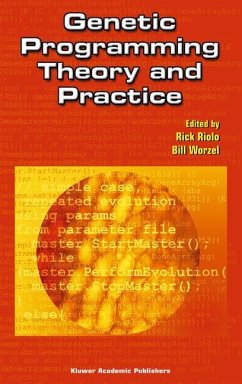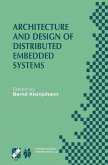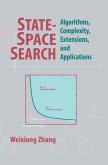Many complex systems found in nature can be viewed as function optimizers. In particular, they can be viewed as such optimizers of functions in extremely high dimensional spaces. Given the difficulty of performing such high-dimensional op timization with modern computers, there has been a lot of exploration of computa tional algorithms that try to emulate those naturally-occurring function optimizers. Examples include simulated annealing (SA [15,18]), genetic algorithms (GAs) and evolutionary computation [2,3,9,11,20-22,24,28]. The ultimate goal of this work is an algorithm that can, for any provided high-dimensional function, come close to extremizing that function. Particularly desirable would be such an algorithm that works in an adaptive and robust manner, without any explicit knowledge of the form of the function being optimized. In particular, such an algorithm could be used for distributed adaptive control---one of the most important tasks engineers will face in the future, when the systems they design will be massively distributed and horribly messy congeries ofcomputational systems.
From the reviews: "From the cybernetics point of view complex systems embrace a great number of disciplines ... . this text is concerned with a computer-science viewpoint and addresses issues in the design of complex systems. It is presented as a collection of chapters which although independent make up a readable whole. The book is highly recommended by several writers and reviewers." (C.J.H. Mann, Kybernetes: The International Journal of Systems & Cybernetics, (34) 5, 2005)









